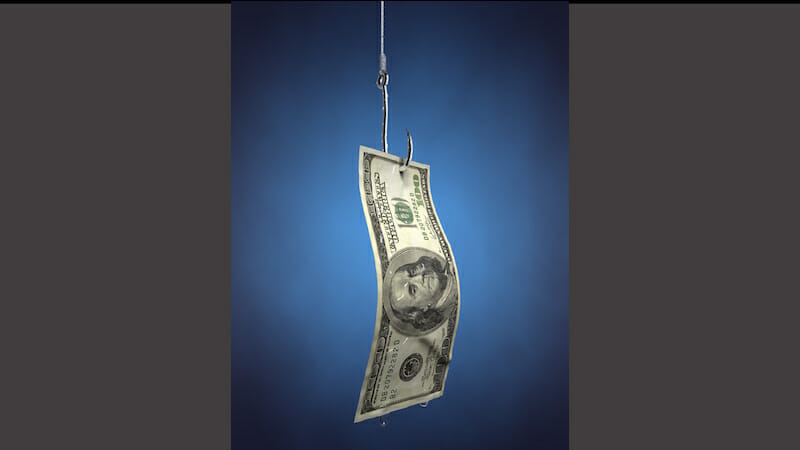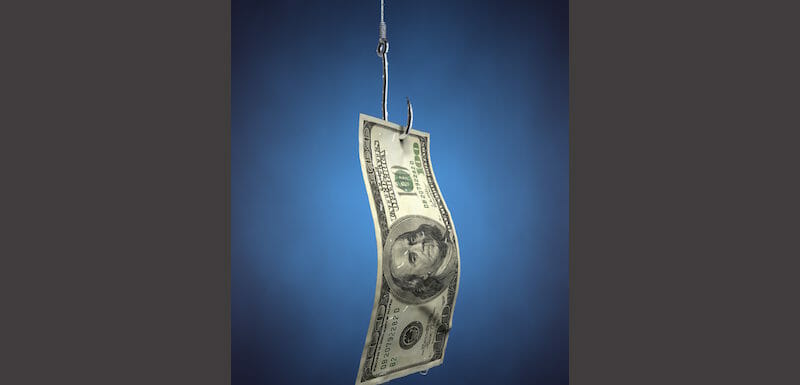
It takes a special type of human being to perpetrate COVID-19 scams. And, believe me, I’m not using the word ‘special’ in a positive sense. Scammers are, once again, taking advantage of a basic human emotion—fear.
What is COVID-19?
COVID-19 is part of the coronavirus family of viruses. The name is an abbreviation for “coronavirus disease 2019.” For more facts about the disease, visit the Centers for Disease Control and Prevention (CDC).
In a recent FBI Public Service Announcement, the FBI stated that COVID-19 scams fall into three categories: fake CDC emails, phishing emails, and counterfeit treatments or equipment. Let’s look at each of these in more detail.
Fake CDC emails
Scammers know that people are hungry for accurate information about the current coronavirus (COVID-19). There are actually a number of coronaviruses, of which COVID-19 is the latest. But, what people want to know is, how do I avoid getting sick? For the latest accurate information, check the CDC web page at CDC.gov.
This category includes emails that offer free or paid help, but link to sites where fraudsters can download malware onto your computer. One example is the offer to download an app that tracks COVID-19 cases worldwide. The longer the virus is around, the more outlandish I expect these claims to become. For instance, how about an app that uses your smartphone’s camera to scan for COVID-19? If marketed properly, I could see huge potential for scammers to sell this completely bogus product.
Phishing emails
True, economic stimulus checks have been approved, but the information about how to get those checks is probably unclear to many people. For the facts, visit IRS.gov. Scammers know people are confused and are sending emails offering to help you “file for” or “track” your stimulus check. Contrary to what the scammers would have you believe, the government is not sending unsolicited emails for this purpose. If you get this type of email, it’s a scam.
And then there are the related scams—charitable contributions, airline carrier refund checks, fake cures and vaccines, or fake testing. Unfortunately, COVID-19 is a brand new playground for fraudsters.
Counterfeit treatments or equipment
There are already people out there offering fake testing. Don’t be fooled into thinking there’s a magic cure or a way to test for COVID-19 that you can get from some clown who sends you an unsolicited email. As the FBI pointed out in their PSA, “Be alert to counterfeit products such as sanitizing products and Personal Protective Equipment (PPE), including N95 respirator masks, goggles, full face shields, protective gowns, and gloves.”
Be smart, not gullible. Three tips to avoid COVID-19 scams
Tip 1: If it sounds too good to be true, it probably is.
Just think about this one simple rule the next time you receive an email or a call from someone making claims about their product or service.
Tip 2: Think before you click.
Scammers want you to feel, not think. So, before you click a link or answer a caller’s questions, fall back to Tip #1.
Tip 3: Clam up.
Never give out your personal information unless you’ve initiated contact with a known, reputable source. This applies whether you’re dealing with email, a website, or a phone caller.

THROUGH THE YEARS YOU HAVE ALWAYS BEEN SO HELPFUL AND A GOOD WRITER TOO,